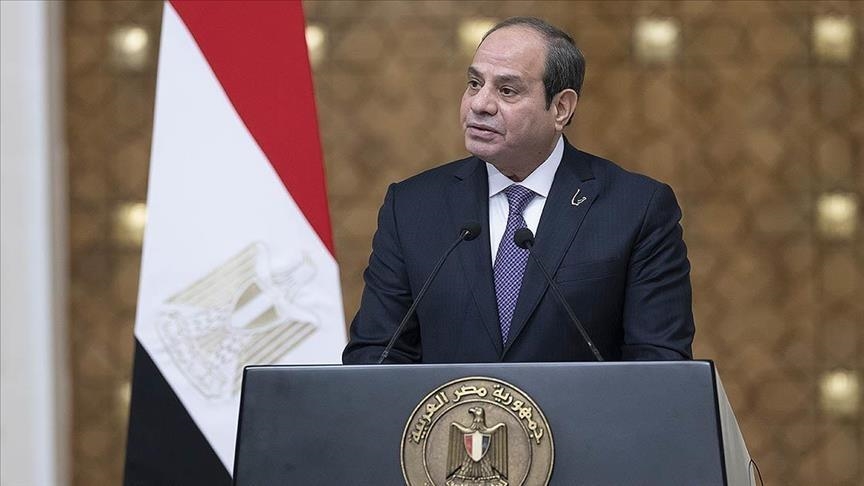- Details
- East Africa
- 606
Egyptian President Abdel Fattah al-Sisi said Saturday that he is “closely” following the agreement reached between Ethiopia and Somalia with Turkish mediation and expressing hope it "would contribute to achieving security and stability in the Horn of Africa, according to a statement from the Egyptian presidency.
It came during a telephone call al-Sisi received from his French counterpart, Emmanuel Macron.
Al-Sisi added that he is "closely following the agreement recently reached between Ethiopia and Somalia through Turkish mediation."
He expressed his "hope that this agreement would contribute to achieving security and stability in the Horn of Africa region, and that it would be in line with the principles of international law."
The two presidents emphasized "the importance of further enhancing cooperation across various fields, especially economic and investment, while emphasizing the need to attract more French companies to invest in development projects in Egypt," it said.
The call also involved an exchange of views on regional developments.
The Egyptian president stressed "the close link between security and stability in the Horn of Africa and Egypt's national security."
He pointed out that Egypt “is working to support Somalia to achieve security and stability, whether through bilateral cooperation or by participating in the African Union peacekeeping mission at Somalia's request."
Ethiopia and Somalia have been at odds since Ethiopia struck a deal in January with Somalia's breakaway region of Somaliland to use its Red Sea port of Berbera. Türkiye has been working to resolve these tensions.
The Ankara Declaration, brokered by Türkiye and signed Dec. 12, marked a turning point in relations between the Horn of Africa neighbours.
Somalian and Ethiopian leaders emphasized that the declaration “reaffirmed their respect and commitment to one another’s sovereignty, unity, independence, and territorial integrity.” *Writing by Rania Abu Shamala, Anadolu Agency






